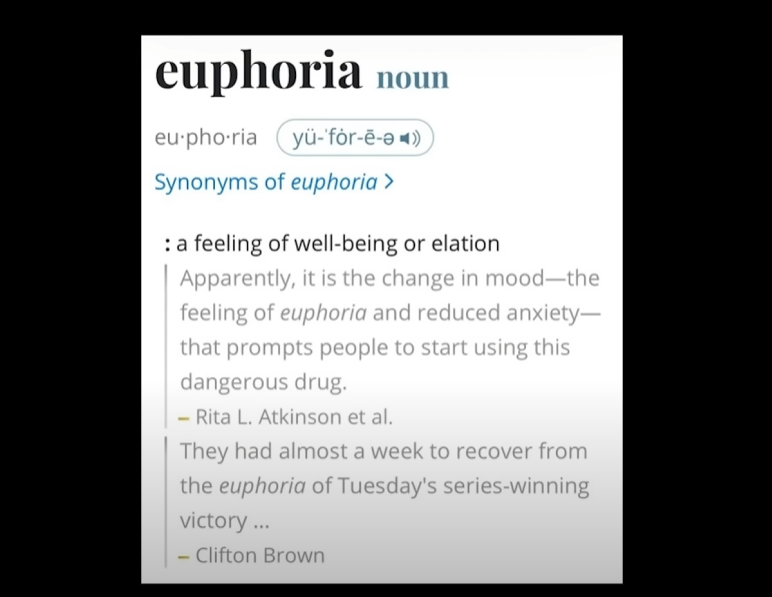
Obviously, the NCAA never had anything on Heisman winner Johnny “Football” Manziel. The long talks about what the rules are and what the punishments are for breaking those rules have been going on for a long time. However, the NCAA has been silent on these debates. More than that, the punishments handed out have been puzzling, and no indication for change in the process or the system has been hinted at by the NCAA. But one thing is for sure — for the good of collegiate athletics, it is time for the NCAA to change or get out of the way for good.
Whether it is a laughable half-game suspension like Manziel or an extreme death penalty like Penn State, the NCAA’s punishments have baffled even the most well-read bystander. Manziel was charged with signing memorabilia for retailers during the past year. The question in this case was whether or not Manziel took money for signing the memorabilia. One of the main tenets of the NCAA’s rulebook states, “You are not eligible in any sport if, after you become a student-athlete, you accept any pay for promoting a commercial product or service or allow your name or picture to be used for promoting a commercial product or service.” If Manziel had knowingly been paid for the autographs, then he would be ineligible to participate in college football.
When the ruling for “Autograph-gate,” as I would like to dub it, was handed down, many analysts were surprised about the ruling itself. Traditionally, the NCAA has looked at compromising when it comes to handing down rulings. For instance, a self-imposed sanction by a school is seen as a way to stop further action taken by the NCAA, although in some cases it has not worked. USC took steps in the aftermath of the Reggie Bush scandal, but they were still raked over the coals in both scholarships and a bowl ban.
However, Manziel’s punishment was almost non-existent. Headlines have called it “Half Banned” in homage to the Dave Chappelle flick. This begs the question: What exactly did the NCAA have on Johnny Manziel?
The statement from the NCAA reads, “NCAA rules are clear that student-athletes may not accept money for items they sign, and based on information provided by Manziel, that did not happen in this case.” This begs another important question — did Manziel sign a bunch of memorabilia without pay because he is the Mother Theresa of college athletics or because he is the dumbest person alive? The NCAA must think one of these possibilities is true, because they took Johnny “Football” at his word that he did not take money.
The half-game suspension has not been used in recent history and for good reason. A half of a game is an incredibly small amount of time and it is not a suitable punishment for someone who has done something wrong. The ruling on Manziel is just one in a few recent rulings that have been questionable. When Dez Bryant was in college, he was suspended for a full season because he had not disclosed a prior relationship with a former NFL player. He didn’t take any money, and didn’t break any rules. Or we could look at A.J. Green, who sold his jersey for extra money to another college player and was suspended for four games. Or how about the 2008 Memphis basketball team, which got its entire season vacated because of Derrick Rose? Rose got someone else to take his SATs in high school, and it was not reported until after his freshman year was over. The silliest part of the sanctions was that the NCAA had cleared Rose to play, but the University of Memphis was still punished for simply playing an athlete that the NCAA itself had ruled eligible. Really, the ruling for Manziel seems to be incredibly lopsided.
The NCAA and Manziel both wanted nothing more than to resolve the issue and continue to make money on the Heisman winner, not to mention brokers of college football memorabilia had incentive not to cooperate because they were given things to pay. This is a vicious cycle in which the NCAA willingly lets this ruling go, brokers get paid, everyone gets rich — except most of the athletes — and everyone else knows it is wrong. But, while the NCAA is still in power, that seems unlikely to change. The truth is, the NCAA must be replaced because it is unwilling to change or be reasonable about anything.









